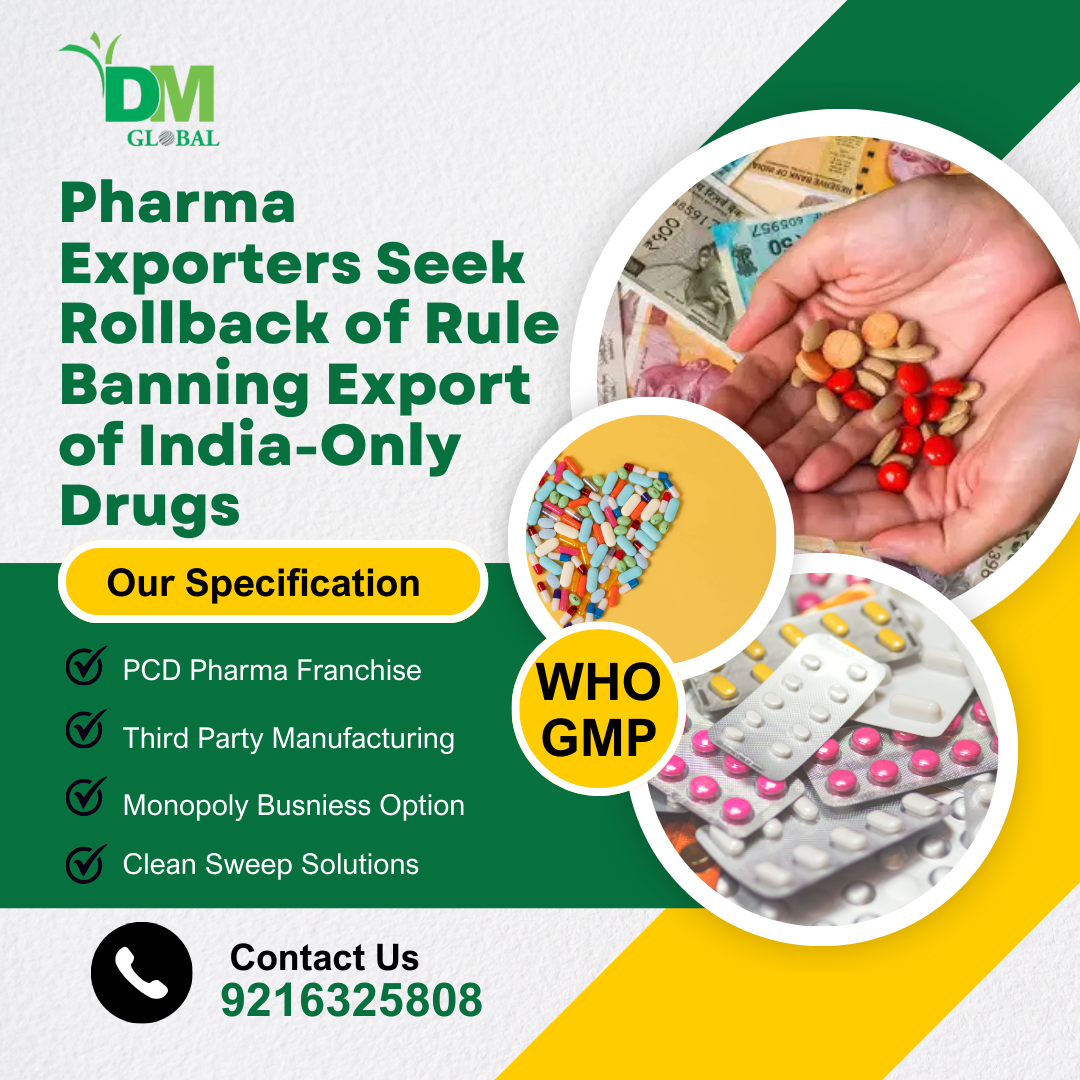India is known as the “pharmacy of the world” because it supplies affordable medicines to many countries. But a new rule from India’s drug regulator has created serious problems for exporters. The rule says that medicines labeled “For sale in India only” cannot be exported outside the country.
This change is causing huge losses for exporters (around $500 million) and making it hard for patients in other countries to get low-cost medicines.
What Is This Rule About?
In 2023, the drug authority stopped exporters from sending medicines abroad if the packaging says “For sale in India only.”
Earlier, these medicines were sold legally by merchant exporters to many countries in Asia, Africa, and Latin America. This helped millions of patients get cheap, good-quality medicines.
Now, with the ban in place, small and medium exporters are suffering. At the same time, poor patients in other countries are forced to buy more expensive drugs.
Impact on Exporters and Patients
-
Exporters are losing large amounts of money. Many small businesses may even have to shut down.
-
Patients in developing countries are missing out on affordable Indian medicines.
-
India’s image as a trusted medicine supplier is also being affected. Other countries may start buying more from China instead.
Concerns Raised by Exporters
The Federation of Pharmaceutical and Allied Products Merchant Exporters (FPME) has spoken against this rule. They believe that instead of a ban, the government should strengthen testing, licensing, and safety checks.
The group has asked the Health Ministry and Commerce Ministry to roll back the rule because:
-
It mostly hurts small exporters.
-
Larger companies can still manage, but small firms may not survive.
-
India’s global leadership in generic medicines is at risk.
How Other Pharma Businesses Are Affected
The ban does not only hurt exporters. It also impacts other areas of the pharma sector.
For example, companies that provide pharma contract manufacturing company services depend on bulk production for both Indian and global markets. If exports are blocked, they will get fewer orders and lose clients abroad.
In the same way, businesses following the monopoly medicine company in India model may also struggle. These companies often rely on merchant exporters to expand into international markets. With this rule, their opportunities will shrink.
A Balanced Solution Is Needed
Experts say the government should find a middle path. Instead of a total ban, the following steps can help:
-
Allow exports with proper licenses and approvals.
-
Improve quality checks before shipping medicines abroad.
-
Work with exporters and trade groups to make rules more practical.
Conclusion
The ban on exporting India-only labeled drugs has become a major concern. It is hurting exporters financially and making medicines less accessible for poor patients abroad.
India has always been proud of its role in providing affordable medicines worldwide. To keep this reputation strong, the government should review and revise the rule. A fair policy will protect patients, help exporters, and ensure that India continues to be the global pharmacy of the world.

